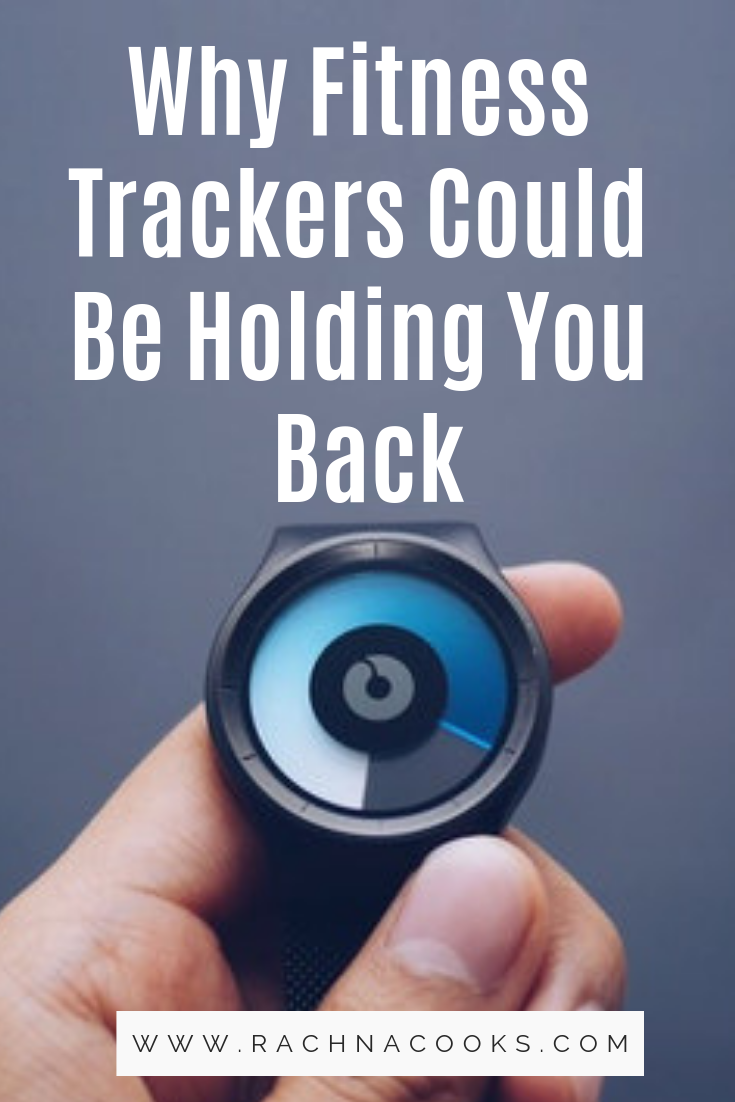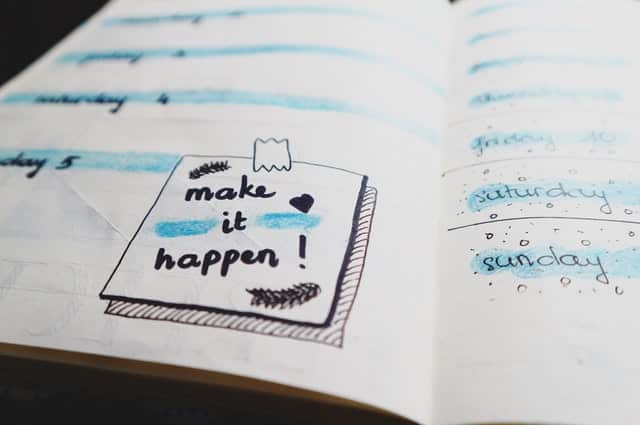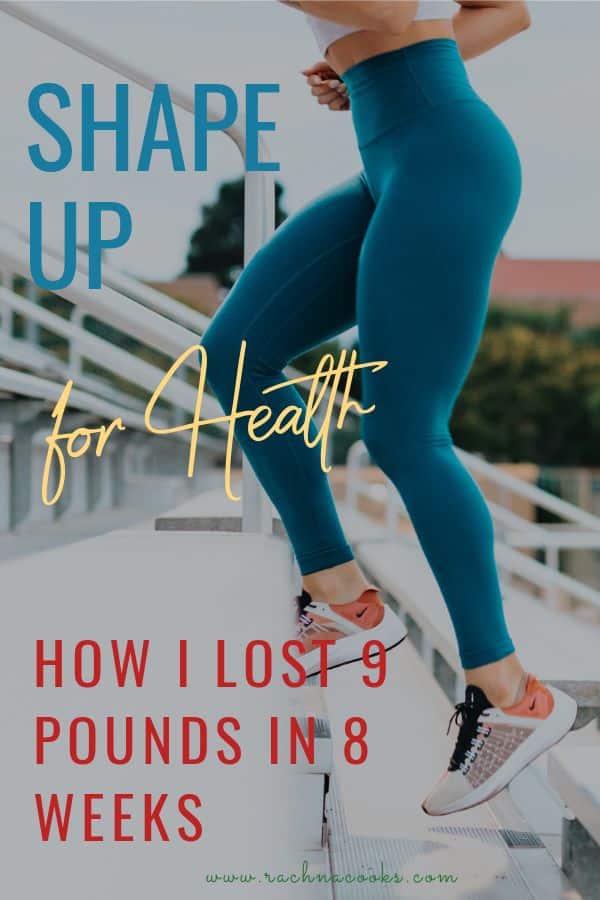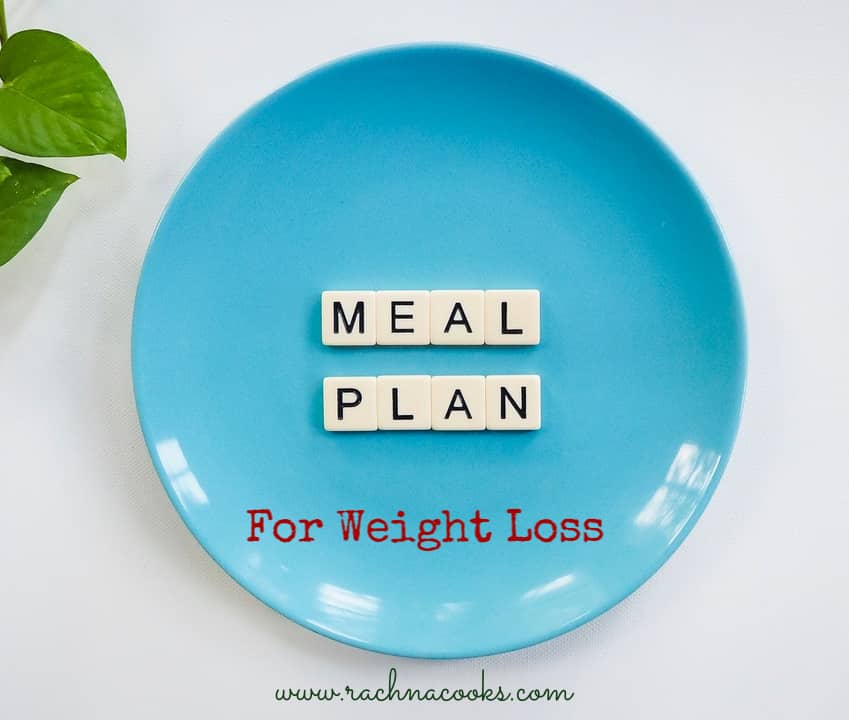Surprised, are you? Yes, I have a couple of those wrist fitness trackers. No, I am not naming names as I am not recommending them. As someone who is conscious of her fitness and that of her family, I realized that all that a fitness tracker was doing was complicating things, adding to anxiety where there was no need for one and basically making me unhappier than happy.

Here are some reasons why I quit using my fitness tracker:
1. 10,000 steps a day to a healthy life is a myth:
Yes, you read that right. There is no scientific basis for 10,000 steps that WHO and American Heart Foundation recommend that you must be taking everyday in order to be healthy. Most active people do not walk that much. If you play any sport or do fitness activities like strength training etc., you don't even need to walk that much. You are still fit. No one has tested if 6000 or 8000 steps keep you equally fit. This is an extremely arbitrary measure, and there is no reason to believe that it is better than say 7500 steps. Here is an article that you may like to read to understand this myth. Hence the tracking of that goal by fitness trackers was quite redundant.
2. Constant tracking may cause anxiety:
Do you remember your childhood? I remember being very slim and very active. My dad would regularly play badminton. And all that he measured his fitness by was whether he had good stamina to get through his daily activities, a flat tummy and flexibility in his limbs. I can't believe that we have come to a stage where we are counting steps. I know of people who will spot walk or jog because they have not completed their quota of steps for the day. There are those who are depressed that they can't workout when they are sick. Yet others will push themselves when sick to reach their daily goals. This is sheer madness. It takes away the pleasure of working out to nurture your body but turns it into a competition or a rat race.
3. It may be too daunting for those starting out:
Tracking every movement and then falling short of peers may end up demotivating someone from the fitness routine altogether. While having a fitness buddy or a community to cheer each other is a productive move, often those using fitness trackers may end up feeling small and low on confidence when they constantly don't reach the inflated goals that others are achieving. Those with lifestyle diseases or sedentary lifestyles may start small and slowly build their fitness goals. But trackers may end up demotivating them. I would suggest using time as a tracking measure. Eg. 30 minutes of brisk walking or cycling. Then slowly increase the number of rounds or distance that you can do.
You may like to read: How to Stay Consistent with Your Fitness Plan
4. Number of steps do not take into account the intensity of activity
Like I mentioned earlier, it is important that you raise your heart rate adequately when you exercise so that you have better protection against heart disease and other lifestyle diseases. A fitness tracker will consider one step taken at a very slow pace on par with one step taken by those doing high intensity exercise like playing a sport, running or doing strength training. Both are clearly not the same. Staying active at home is definitely recommended, but if you desire to be fit and toned, you have to include higher intensity workouts in your fitness regimen. Number of steps is clearly not the right measure to use.
You may like to read: 9 Beginner Tips for Women Starting Strength Training
5. The Inconvenience
Some people consider their fitness bands a fashion statement or perhaps snob value as they automatically now belong to a 'fit' club. For me, it is an inconvenience. I used to forget wearing it when I took it off while taking a bath or during the night. And when I did I obsessed over documenting all that missed activity. My younger son though loves wearing his. Different strokes for different folks, I guess.
Hence, overall I feel so much more at ease when not wearing a fitness tracker. If you still wish to use it, don't track daily but maybe do it weekly. Also keenly monitor if just the act of wearing the tracker is causing adverse behavior changes in you. I have felt that excessive tracking eg. Of calories in food, of the number of books you read, of the number of steps daily are some instances that suck out the joy from doing these activities and introduce a level of worry and competition. I know of people who start worrying about how much they would workout even before they have enjoyed that slice of cake on their plate. So absolutely terrible, isn't it?
I am not saying that one must not track one's progress or fitness goals, but do it with broader trackers that do not make you crazy on a daily basis. I use Google Fit just to track the time I spend when doing intense exercise. Rest of the day, I have no need to track my footsteps.
I would love to hear your views about the same.
If you liked this post, do share with your friends.
Pin This







Vinitha says
I completely agree with you, Rachna! I had been keeping track of my steps using an app on my phone and I have a hybrid watch. I had to uninstall the app and I’m no longer keeping track of the step count. I feel a lot better without the pressure. I have become a regular at my workout. Earlier if I workout without any tracking device I used to feel bad as if my body didn’t know that I exercised. Why are we putting ourselves in such silly position!
Sanch @ Sanch Writes says
So, I don't track my steps necessarily but I do track my activity. It helps me stay accountable. I have an apple watch and a friend and I 'compete' but it helps both of us stay accountable and try and make an effort to exercise even if we don't feel like it. It's not about the steps with this but rather, about movement, exercise and stand goals. But I know what you mean about the 10000 steps. I used to have a tracker that was purely for steps but I find that with strength training as a focus, you might not get the 10000 steps but you're still working out for over an hour. For me, I use my watch to be accountable as opposed to feeling guilty and the 'awards' I get through it are reinforcement as well.
Esha M Dutta says
Oh yes, I hear you, Rachna. Totally with you on this. These gadgets do add a lot of stress/anxiety and especially when the daily target hasn’t been reached which makes the while fitness routine pointless especially if the feel- good factor is missing and we end up feeling guilty. Often, we are the best people to decide if we have been active or not and just how much of exercising is enough. This is a very good post and I’m sure many people will benefit from what you shared here, Rachna.
Lata Sunil says
Haha Rachna, the fitness tracker companies will be left with nothing to create. I guess we are pretty old school and dont need trackers. But, of course, it helps to see the progress of a week or month and notice how our exercise patterns are going, or are we getting enough exercise. I like the tracking, but not the obsessing over it.
Bikramjit says
I personally don’t feel those gadgets are as great. I have seen many buying fitness tracker with great enthusiasm and later going bored. Counting system makes life more mechanical and obviously constant tracking may cause anxiety. Missed intensity. An active lifestyle with a fitness program is much more enjoyable and effective. A very nice post.
pythoroshan says
So much truth in this. I've been using a tracker for a long time now and while I haven't lost any weight which was the primary goal i often find myself stressed when the end of the day arrives and im not close to the target... Does need a reevaluation of its potential flaws.
Natasha says
Relevant, yes. But just that a fitness tracker keeps me a bit motivated. I never get anxious when I don’t meet the goals. I believe in listening to my body and flowing. I just try to consistently walk, and do some stretches. And that’s it till, the back gets stronger. Though I did cycle a long stretch this weekend and oh it was swell. ?
Obsessivemom says
When I started walking I used no tracker at all. However now I use the google fit app on my phone and it keeps me motivated. That said, I agree with most of the points you made. For instance if I walk 6000 steps in the mall there are no exercise benefits at all. So I get that one has to take those figures with a pinch of salt.
writershilpa says
A big hi-five Rachna!!! And, a tight hug, too!
I so so so agree with everything you have said. I have never used any kind of fitness app. The only thing I look at is my watch that tells me the number of minutes I walk everyday. I set the pace for the walk--if I am feeling energetic, I increase my speed after 10 minutes of warm up, if I am not feeling energetic, I just walk at a pace that I find comfy. And, it feels so good! I walk for 35 minutes, then go to the market to buy veggies and stuff and am back home after that, which makes it to a total of 45 to 50 minutes of walking. It doesn't tire me, or make me anxious. The same goes for reading books or any other thing for which people generally use apps or participate in challenges.
All of these make you anxious. You want to be in that race, and seldom do you realise that there is really no winner there!
Walking 10000 steps is not going to make you fit. It is only going to drain out all the joy out of it when you compare yourself with others who walk more than you do.
The same goes with doing yoga. I do it gently, taking my body and the aches and pains into consideration. What's the point driving yourself crazy watching how long you work out, how many steps you walk, how many books you are able to read in a year? We ought to do it to feel good from within, isn't it? Be it walking or reading or exercising.
All those who use those trackers, I wish to ask them, if they ever listen to their bodies, or take into account how their bodies feel from within!
See, how much we think alike!! No wonder we vibe so well!
<3
Debbie D. says
All excellent points, Rachna! I started using a Fitbit last year and it did help me to lose weight, but, that’s because of the calorie-counting. Didn’t worry about the steps per se, except, the more active, the more calories allowed.The only time I consistently met or exceeded the 10,000 quota was when we were on a European cruise last fall and taking tours every day. (It was tiring, but worth every exertion!) The calorie tracking went out the window, though! ? Never has this caused me any anxiety, however. It’s been difficult getting back into it since that time. Frankly, having to stop and enter whatever I eat is a pain-in-the-ass, but on the other hand, it seems to be the only way I can lose weight successfully, so I’ll keep at it. ?
Damyanti Biswas says
Rachna, these are good points, and I’ve heard from others who echo you. Personally, I use the tracker–it is the only thing that keeps me motivated. It doesn’t give me anxiety, but the needed kick in the butt, so that I do go for walks. More than the steps, I check the number of active minutes, which is good for a sedentary being like me.
Soumya Prasad says
Ah, you said it Rachna! I have a basic problem with the fitness bands, they look odd and do not go with everything you wear. I’m a sucker for watches and I have a huge collection of them, so I would not want to replace them with fitness bands. Or wear them with the watches, I have seen people do it and look so stupid. Next, I don’t see why you need something like a band to track your fitness! You know how long you have worked out for, right?
My husband swears by his fitbit and has been insisting on getting me one. I have said a firm No to it. I do not want something else to tell me what to do and since I’m already dealing with anxiety issues, I do not want to add another thing to it unnecessarily.
I think fitness trackers are all about a status/fashion quotient now. Something people wear to look cool.
Mandy says
My fitness tracker broke and I never got a replacement. And you know what happened after that? Once I gave up on getting it replaced, I lost weight. Go figure. I realize that’s not necessarily going to be true for everyone, but you are correct that fitness trackers do cause unnecessary anxiety. I think watching what you eat is more helpful than tracking steps, but that’s just me.